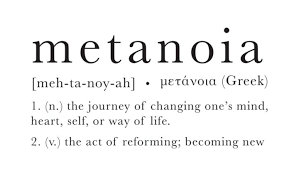
Over the last couple of weeks, in my job at a university, I have had the difficult job of having to decide and (in some cases) tell students that they must leave the university. Sometimes this has been because they have failed exams, sometimes because of misconduct. This is never a pleasant job; many years ago, I recall how a colleague complained that staff would queue up to congratulate students on their successes; the same people were nowhere to be seen when bad news had to be given. Perhaps this is just as well, it does help to have some experience at undertaking this demanding pastoral role. It is essential to remember the welfare of the person concerned; no matter what the circumstances, we have a duty of care to them. It is important to tell them that whilst they no longer have a future at the university, they most definitely have a future outside it. With the benefit of grey hair, I can see that for some friends and relations, the best thing that happened to them is when they were forced to change direction; in the long run, this was a liberating experience, that allowed them to develop in new ways.
This idea of a fresh start is a very strong theme in Christian and Jewish teaching, indeed it features in most religious traditions. At the heart of Jesus’s teachings is the Greek word “metanoia”, which we translate as “repentance” but has the idea of a change of mind, a turning from the old that does not work to a new, better way. There is a sense in this that failure is inevitable, but we have it in our power to chose a better way. I do not talk theology at my failed students, but I am very aware that I am drawing on this to encourage them to look forward.